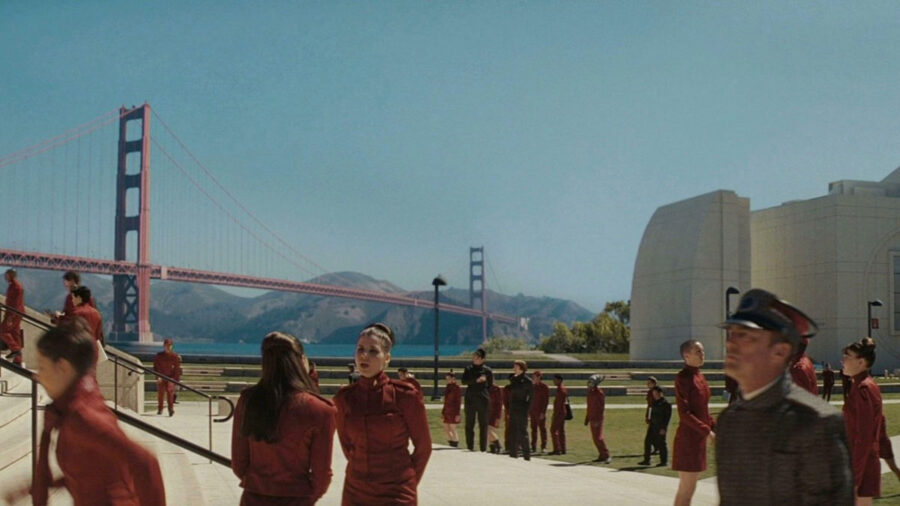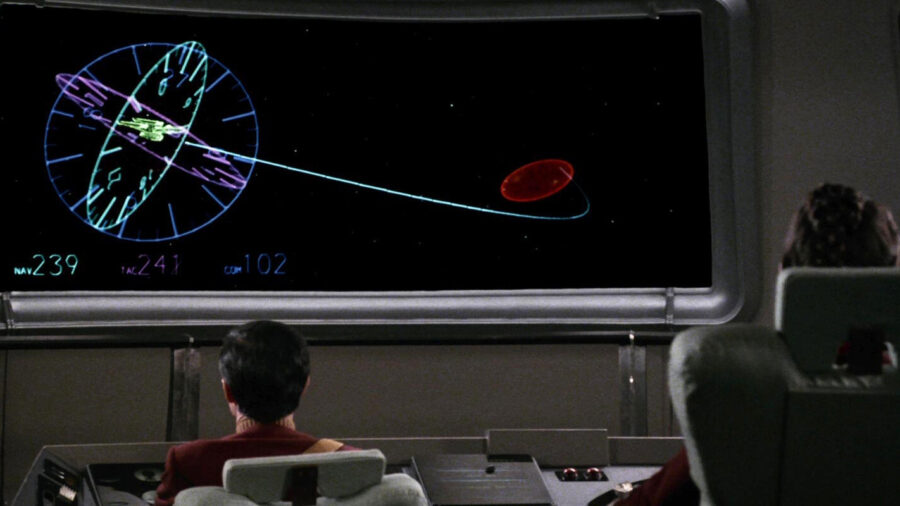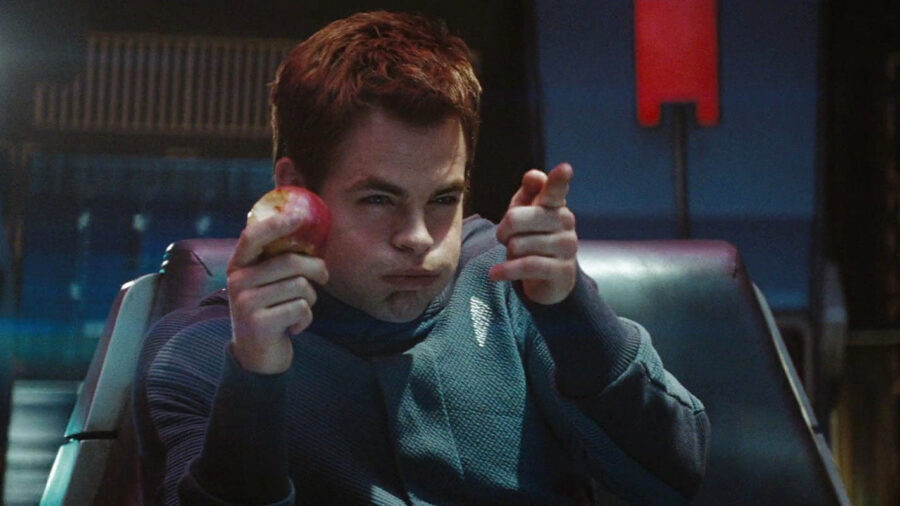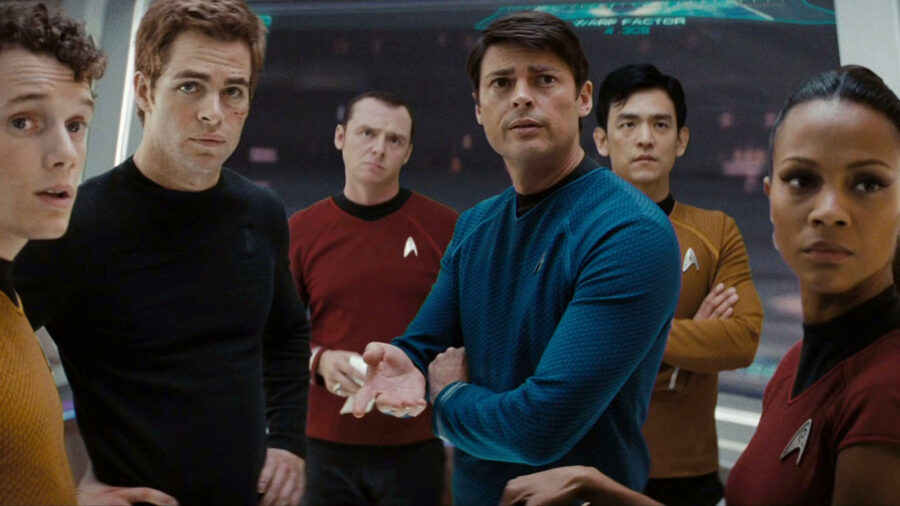Star Trek Puts Its Greatest Hero On Trial For No Good Reason

In Star Trek (2009), we got to witness a legendary part of Kirk’s history: his cheating to win the otherwise unbeatable Kobayashi Maru test. In order to drum up some tension before our young crew ships out on the Enterprise, this cheating led to an intense disciplinary hearing that was presented with all the pomp and circumstance of a trial. To this day, this remains the most baffling part of the movie because Kirk had already taken the test multiple times and the hearing did nothing but waste the student body’s time.
Cheaters Always Win

For this argument to make sense, I need to take things back to the beginning…or at least, back to Star Trek II: The Wrath of Khan. This was the film that first revealed Kirk’s very unique solution to Starfleet Academy’s unbeatable Kobayashi Maru test. This test is designed to force cadets to face death and realize they might eventually face a true “no-win scenario,” but because Kirk doesn’t believe in that, he cheated so that he could actually win.
Beating The Kobayashi Maru

While set in a slightly different universe, Star Trek (2009) is a prequel, and director JJ Abrams used this as an opportunity to actually portray the moment that Kirk cheated to beat the Kobayashi Maru. He is successful, of course, but this annoys Spock, the Vulcan who designed the test. This culminates in a disciplinary hearing against Kirk that is ultimately interrupted when a distress call from Vulcan sends our heroes on a collision course with the time-traveling Romulan baddie Nero.
Now that you’re all caught up, let’s take this to warp speed: why do I think putting cadet Kirk on trial for cheating the Kobayashi Maru was a complete waste of time? For one thing, this student was unlikely to learn anything from such a disciplinary hearing because this was his third time taking the test. Kirk was obviously pigheaded in his determination, but if Starfleet’s goal was to drill into him that he might not always win, then getting his butt kicked by the unbeatable test twice over should have already done that.
This Is Exactly The Kind Of Captain We Want

Second, the older Kirk pointed out in The Wrath of Khan that, in the Prime Universe at any rate, he ended up receiving a commendation for original thinking after reprogramming the Kobayashi Maru. That movie mostly presents this as a character-defining bit of background for Kirk (“I don’t like to lose,” he smirked), but it’s easy to see why at least some Starfleet higher-ups would like Kirk’s style for cheating.
Teaching cadets to face death is all well and good, but Starfleet presumably doesn’t want cadets who instantly give up, and Kirk’s determination to always find a way to win is, frankly, what makes Kirk such a great captain.
Maybe The Real No-Win Scenario Is The Time We Wasted Along The Way

Finally, outside of philosophical debates over what Kirk did or didn’t learn from reprogramming the Kobayashi Maru, the biggest side effect of his cheating was arguably wasting other cadets’ time in setting up and performing a simulation whose condition was predetermined. However, if Starfleet Academy was annoyed at Kirk for wasting a few cadets’ time, why did they have seemingly half the school present at his disciplinary hearing?
They ultimately punished Kirk wasting the time of a few people by wasting the time of countless others, which is a truly baffling choice.
It Doesn’t Have To Make Sense

Before anyone yells at me, I understand on a “meta” level that Abrams wanted to give his Star Trek prequel a highly recognizable moment, and Kirk cheating on the Kobayashi Maru is a memorable story from his academy days that the director wanted to show onscreen for the first time.
It makes sense as a creative choice for the narrative, but in the actual Kelvinverse, this flashy show trial of Kirk makes absolutely no sense. Of course, the whole movie centers around a villain obsessed with punishing the one man who tried to save his world, so maybe “no sense” has always been the default for the Kelvinverse.












